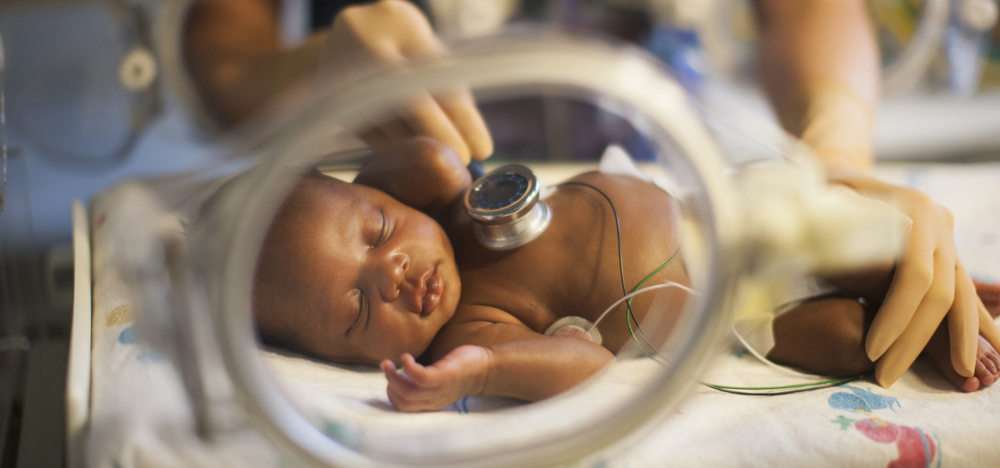- NICU loss reshapes a family forever; the grief is profound, the memories tender, and the love eternal.
- While the world may not fully grasp the extent of this loss, parents carry it with them every day, drawing strength from a bond that even death cannot sever.
The Neonatal Intensive Care Unit (NICU) is a realm where hope and heartache coexist. For many parents, it becomes the first battleground in a fight to save their newborn's fragile life. Yet, for others, the NICU is a place marked by unimaginable loss.
Losing a baby in the NICU shatters hearts and dreams, leaving behind a profound emptiness. This grief is a unique blend of confusion and silent agony, one that few outside this experience can truly comprehend. Most NICU babies are born either too soon, too small, or with serious health issues. Parents enter this world with intertwined hopes and fears, praying that each beep of a monitor signals good news.
Every tiny milestone—breathing without a ventilator, opening their eyes, a small weight gain—feels monumental. However, when those hopes are crushed by a sudden decline or an irreversible diagnosis, the emotional toll can be devastating. NICU loss is often a silent grief; parents mourn not just the loss of a child, but also the future they envisioned: first steps, birthdays, laughter, and memories that will never be.
They grieve the time they hoped to share, the name whispered in anticipation, and the nursery left untouched at home. The outside world often struggles to respond to such profound loss, leaving parents feeling isolated and forgotten. There are no established rules for mourning babies who never came home, and this uncertainty deepens the pain.
The aftermath of loss brings numerous challenges. The emotional breakdown, the trauma of watching a child fight for life, and then facing that loss can leave deep psychological wounds. Parents may grapple with guilt and the haunting "what ifs," frequently blaming themselves even when circumstances were beyond their control. Grief can strain marriages, affect parenting of other children, and diminish personal mental health.
Read More
Healing after NICU loss is a long and personal journey. Support groups, therapy, and remembrance events—such as walks of remembrance or memory boxes—can provide comfort. Connecting with others who have faced similar losses helps grieving parents feel less alone. Even in their sorrow, many seek ways to honor their baby's memory: through naming ceremonies, journaling, writing letters, or creating photo albums.
Donating to NICU charities in their child’s name becomes another powerful form of remembrance. NICU loss reshapes a family forever; the grief is profound, the memories tender, and the love eternal. While the world may not fully grasp the extent of this loss, parents carry it with them every day, drawing strength from a bond that even death cannot sever.











